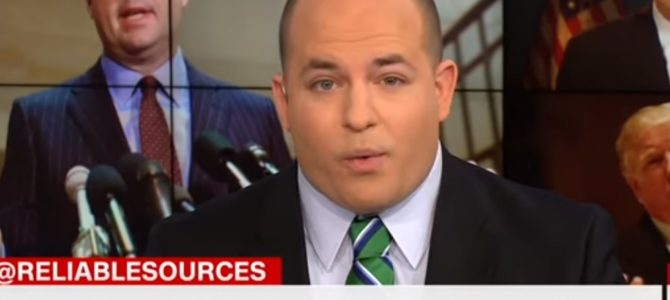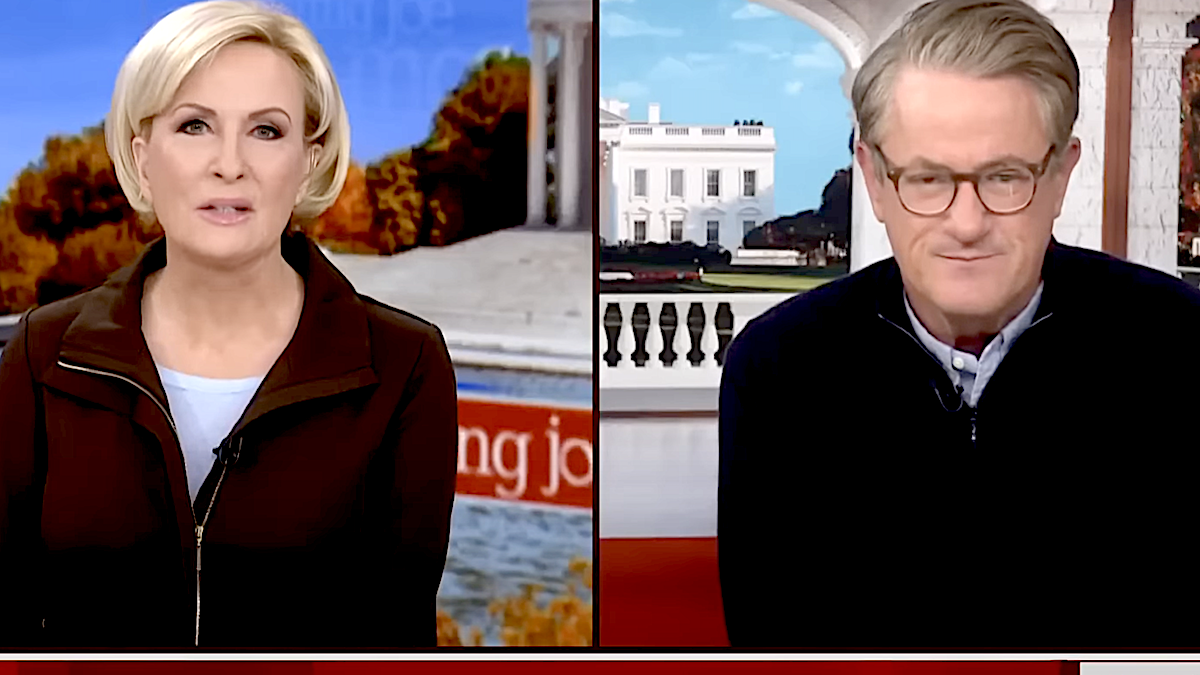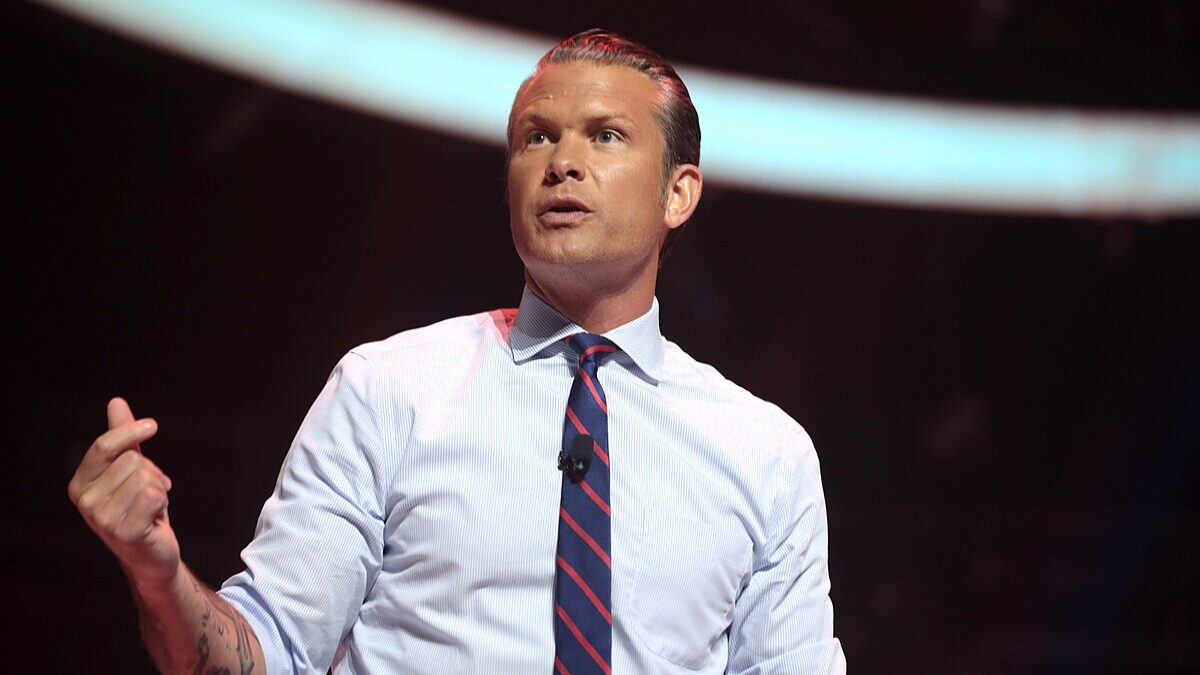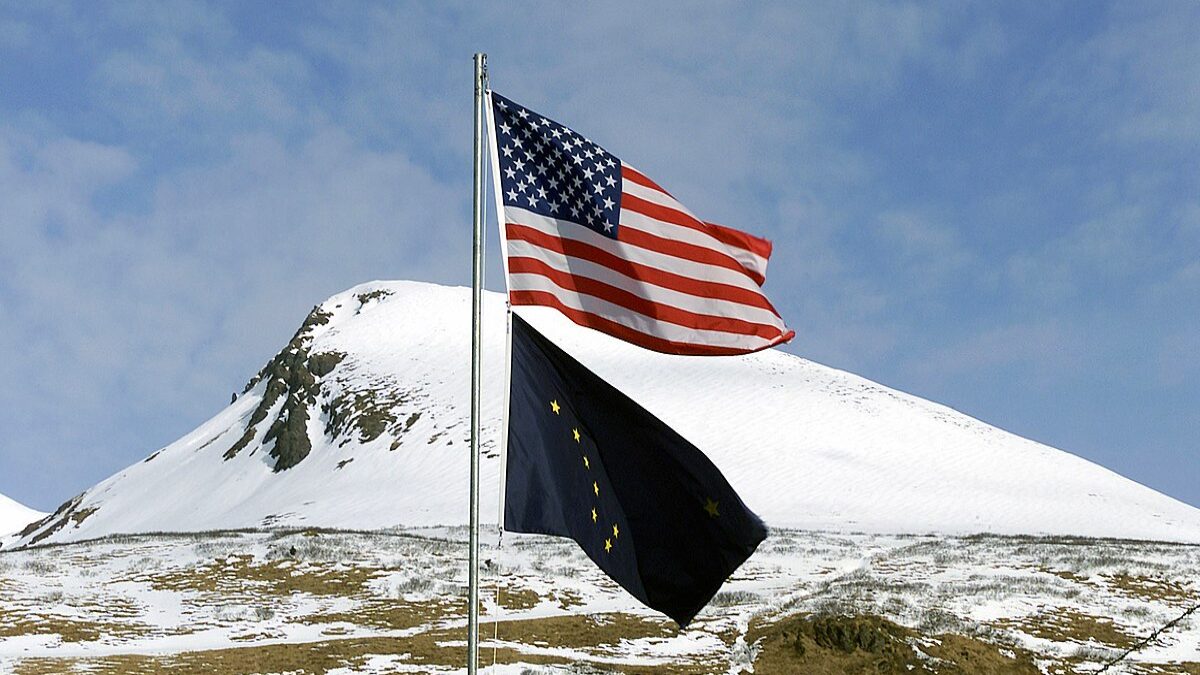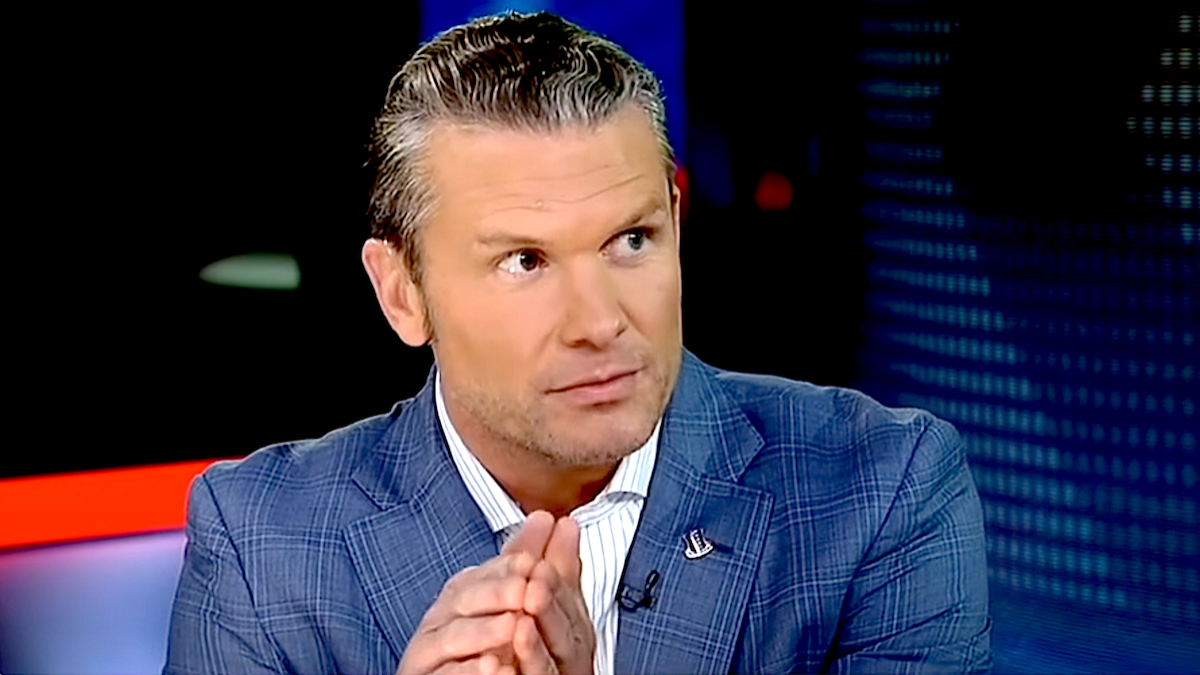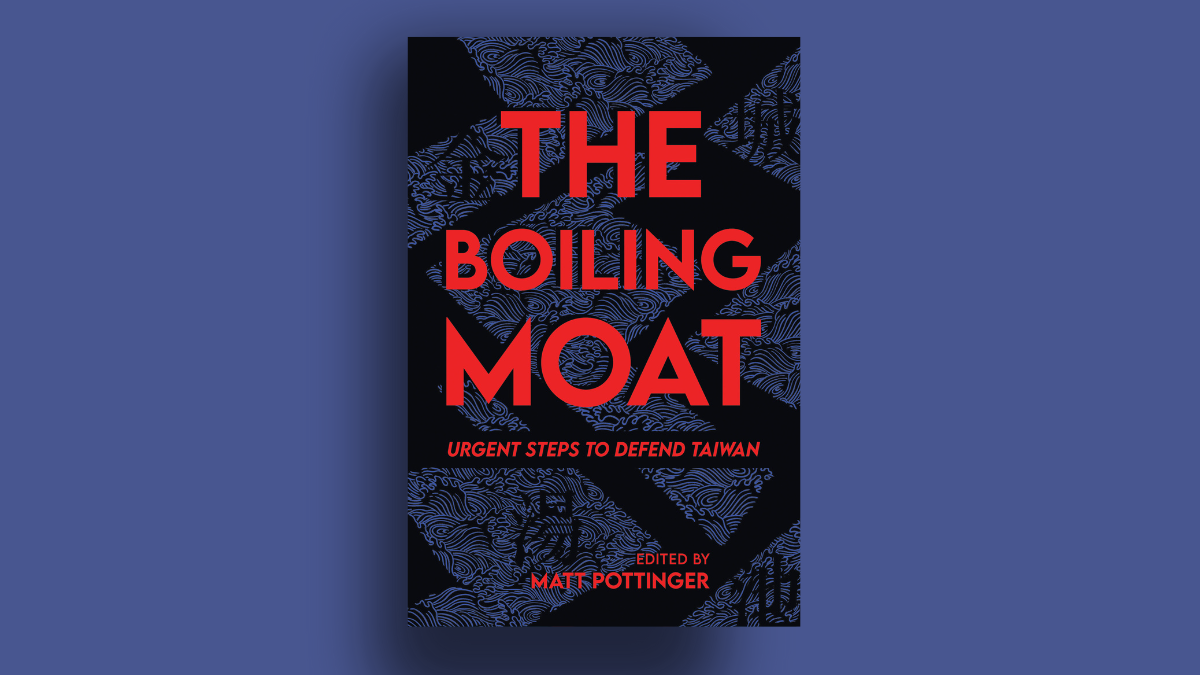CNN’s Brian Stelter published a story yesterday afternoon about a producer at a Sinclair-owned TV station in central Nebraska who resigned rather than continuing to work for the broadcast company. The story, as told by Stelter, was that Justin Simmons of KHGI Nebraska (an ABC affiliate) resigned rather than work for a media organization that showed an “obvious bias” towards conservatism.
Stelter tweeted that “[a] producer at a Sinclar-owned TV station is resigning, citing the company’s conservative bent and onerous ‘must run’ segments.” The purpose of Stelter’s story was ostensibly to provide further evidence that objective, principled journalists are deeply uncomfortable with Sinclair’s management, but there is a gaping hole in that narrative that CNN ignored entirely: Simmons is neither objective nor principled.
A quick review of Simmons’s Twitter account shows him using the hashtag “#Resist” at a Dulles Airport protest against President Trump’s travel ban, boasting about “When we took over [Paul Ryan’s] podium protesting,” and giving a YouTube interview about his role organizing a Black Lives Matter protest. Simmons was employed by Sinclair while he participated in all of those activities, and these are but a fraction of his social media posts.
The former Sinclair employee, who joined the station nearly four years ago, is heavily involved with a self-described “civil resistance movement” called Democracy Spring. The movement’s stated goal is to remove money from American politics (the Supreme Court’s repeated First Amendment rulings to the contrary notwithstanding, apparently) through civil disobedience.
The group’s website boasts that it “organized the largest American civil disobedience action of the 21st Century” in 2016, “with 1,300 people arrested for sitting-in on the steps of the US Capitol.” Simmons’s Twitter account brags about this protest, as well. Democracy Spring’s website alleges that “Republican politicians who fear being voted out of office use voter suppression laws to keep typically left-leaning populations away from the polls.”
But curiously, despite political behavior from Simmons that would make the average voter blush and offend the professionalism of any self-respecting journalist, Stelter treats him as a righteously neutral whistleblower about Sinclair’s ethical lapses. “Simmons’ decision to quit is a dramatic example of the tensions that exist between Sinclair-owned newsrooms and the company’s Maryland-based management. Staffers like Simmons feel that the conservative owners of Sinclair are interfering in local news coverage,” Stelter wrote.
Stelter points to “must-run” segments—segments produced or scripted at the corporate level and distributed to local outlets—as evidence of this interference, and states that “critics” have described some of those segments as “alarmist and full of fear-mongering.” The “critics” his article links to? Media Matters. All of this, of course, comes only two weeks after Stelter seemed to express skepticism about the existence of media bias during a CNN interview with Ben Shapiro.
Perhaps Stelter was simply unaware of Simmons’s biases, but he failed to conduct even the most basic diligence on his source before promoting the story to his 576,000 Twitter followers if that is the case. I uncovered Simmons’s background within five minutes—he was not exactly hiding it.
Furthermore, after I called Stelter’s attention multiple times to the glaring credibility problems in his story, he continued to promote it on Twitter under a “In Case You Missed It” headline. He also omitted any of the relevant context in his nightly newsletter, published several hours after I called his attention to Simmons’ history as a left-wing activist. At least one other outlet picked up CNN’s story, providing the same misleading narrative to its readers.
If the whole purpose of Stelter’s story was to highlight pernicious media bias, wouldn’t it have been sensible to disclose the far-left political activities of the story’s subject? Journalism ethics are not a zero-sum game. One can find Sinclair’s scripted promo creepy (if less of a big deal than CNN and others made it out to be) and still believe Stelter’s actions were ethically lacking. To be blunt, Stelter’s reporting was more Hannity than Cronkite.
A charitable description of Stelter’s actions is willful ignorance. A more cynical assessment may be personal animosity. In either event, if Stelter is truly concerned with media bias, perhaps he should start with the log in his own eye.
